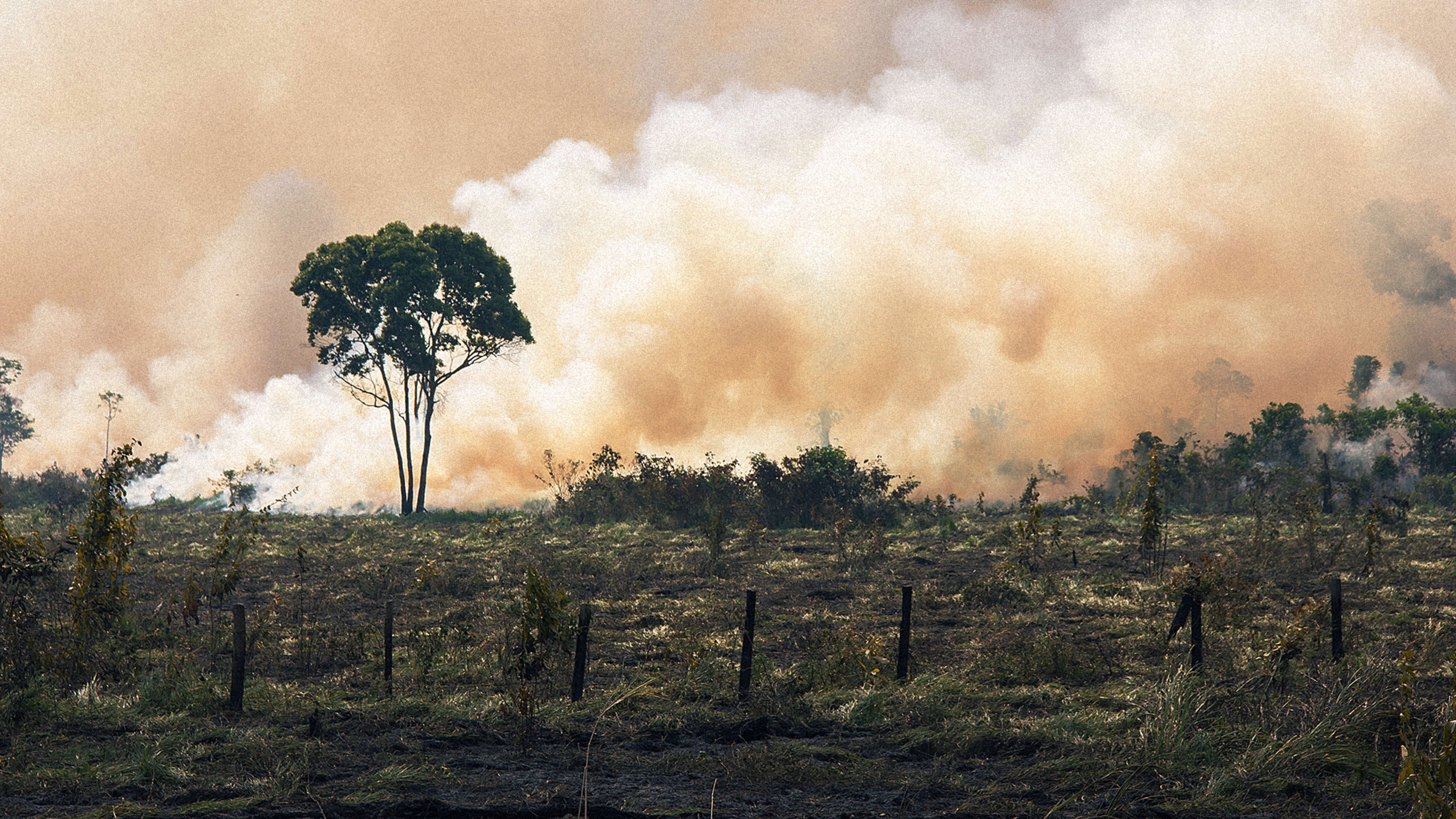When Brazil launched a massive project in 2017 to plant 73 million trees, it was one piece of the country’s plans to fight climate change. By 2030, under the Paris agreement, Brazil said that it would end illegal deforestation, restore nearly 30 million hectares of forest, and restore another 37 million acres of degraded pastures.
Under the country’s new president-elect Jair Bolsonaro, that plan–and the Amazon at large–is at risk. Bolsonaro, who once said that environmental policy is “suffocating” Brazil, has also said, “Where there is indigenous land, there is wealth underneath it.”
“One way of looking at Bolsonaro’s proposed assault on the Amazon and its peoples is carrying out the agenda of large industries, which is to open protected areas and gain access to the Amazon’s forest and subsurface riches,” says Christian Poirier, program director for the nonprofit Amazon Watch. “That’s fundamental to understand what he represents. It’s nothing new. He just represents a new, very bellicose form of that, that could see really runaway impacts leading to climate chaos and human rights abuses.”
The Amazon rainforest–the largest tropical rainforest left–has played a critical role in sucking up carbon emissions from the rest of the world, though deforestation and degradation mean that forests are shifting to become a source of emissions themselves. Deforestation dropped between 2002 and 2012, but since then has grown. Trees are cut down to make room for mining, or to raise beef, or to grow soy that is exported to China or made into chicken feed for the fast food industry.
Bolsonaro, who has aligned himself with agribusiness and mining companies, said that he wants to fold the Environment Ministry into the Agricultural Ministry, weaken enforcement of environmental laws, and end protections for indigenous land. “National parks and forests that are currently protected could fall victim to a series of legislative assaults, including executive orders that could sweep aside hard-won environmental and human rights protections on these territories,” says Poirier.
Without Brazil on track, it will be difficult–or impossible–to meet the goals of the Paris climate agreement. But corporations could help push back as the Brazilian government falters. Some companies have pledged to end deforestation in their own supply chains. McDonald’s, for example, says that it plans to end deforestation in its beef, soy, palm oil, and paper product supply chains by 2020. It’s a challenging goal. But if the company follow through, it has the clout, as one of the largest world’s largest buyers of beef, to influence suppliers. The same is true of other food companies–including others that are less obvious, like Coca-Cola, which gets oranges for Minute Maid from a powerful Brazilian company that has pushed to remove protections for forests.
“Now, more than ever, it’s critical that the business sector take leadership on upholding rigorous socio-environmental standards where they operate, including eliminating deforestation and human rights abuses from their supply chains,” says Poirier.
Recognize your brand’s excellence by applying to this year’s Brands That Matter Awards before the early-rate deadline, May 3.
